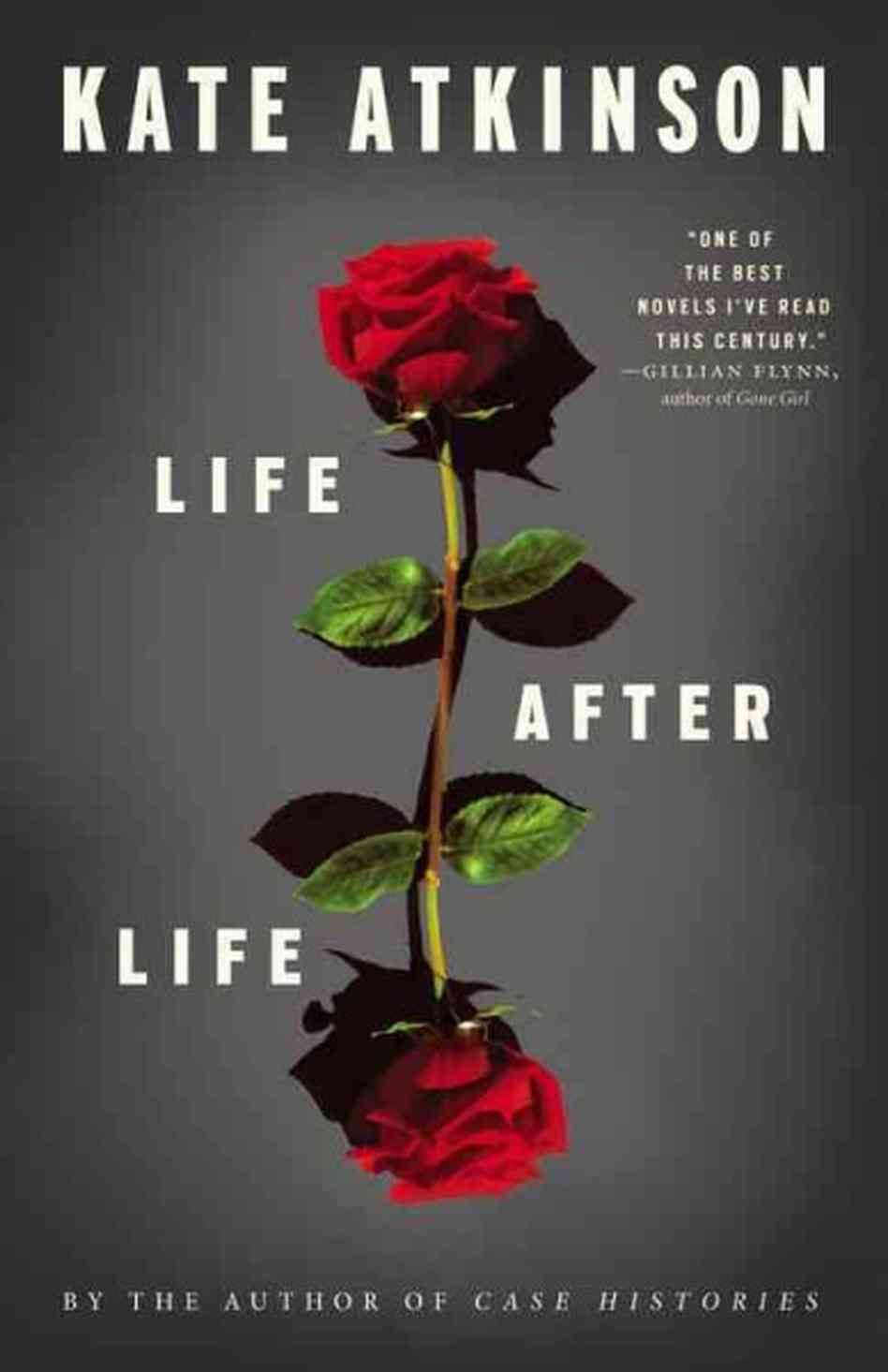Our book group choice for February 2014 is Life After Life by Kate Atkinson. On a cold and snowy night in 1910, Ursula Todd is born, the third child of a wealthy English banker and his wife.
Life After Life is a 2013 novel by Kate Atkinson that tells the story of Ursula Todd, a woman who is born in 1910 and repeatedly dies and is reborn throughout the 20th century. In each new life, Ursula is faced with different choices and challenges, and her actions have the potential to alter the course of history.
The novel begins with Ursula’s birth on a cold and snowy night in 1910. She is born with the umbilical cord wrapped around her neck, and she dies before she can take her first breath. However, she is reborn moments later, and her life begins anew.
Ursula’s life is full of challenges. She dies in a variety of ways, including drowning, falling from a roof, and contracting the Spanish flu. However, she is also resilient, and she always finds a way to start over.
In each new life, Ursula makes different choices. She may marry a different man, have different children, or take different jobs. These choices have a profound impact on her life, and they can also have a ripple effect on the lives of others.
For example, in one life, Ursula marries a man named Benjamin Cole. They have a son together, and they live a happy and fulfilling life. However, in another life, Ursula marries a different man, and her son dies in infancy. This loss has a profound impact on Ursula, and it leads her to make different choices in the future.
Throughout the novel, Ursula struggles to find her place in the world. She is often haunted by the memories of her past lives, and she wonders if she is destined to repeat the same mistakes over and over again. However, she also finds strength in her resilience, and she never gives up hope for a better future.
Life After Life is a thought-provoking novel that explores the themes of free will, fate, and redemption. It is a story about the power of choice, and it shows how even the smallest decisions can have a profound impact on our lives. The novel is also a moving and insightful portrait of a woman who is trying to find her place in the world.
In addition to the themes of free will, fate, and redemption, Life After Life also explores a number of other themes, including the nature of memory, the impact of war, and the importance of family. The novel is full of wit, humor, and compassion, and it is a truly memorable read.
Here are some additional thoughts on the novel:
- The novel’s structure is unique and innovative. The fact that Ursula repeatedly dies and is reborn allows Atkinson to explore the different ways that a single life can unfold.
- The novel’s characters are complex and well-developed. Ursula is a fascinating and sympathetic protagonist, and the supporting characters are also well-drawn.
- The novel’s setting is vivid and atmospheric. Atkinson does an excellent job of bringing the early 20th century to life.
- The novel’s themes are thought-provoking and relevant. The novel raises important questions about the nature of free will, fate, and redemption.
Discussion Questions for Life After Life
- Choice or chance, which plays the most important role in our lives?
- How quickly does it become clear what is happening to Ursula?
- How much is Ursula aware of her serial reincarnations? How does it influence her actions?
- Do her lives gradually improve?
- Which of her lives do you think is the happiest?
- Are everyday decisions made during the Blitz more important than those made in less turbulent times?
- What do you make of Ursula’s relationship with men? Which is her most successful relationship?
- Would you like to be able to re-live your life until you ‘got it right’? Do you think even with experience it would ever be possible to get it right?
- Does Ursula’s sister, Pamela, lead a fulfilled life? What about their aunt Izzie?
- What do you think the author is saying about the nature of life?
Individual Ratings
DKB's Rating 




Sue's Rating 




Miranda's Rating 




Catherine's Rating 




Baljit's Rating 





